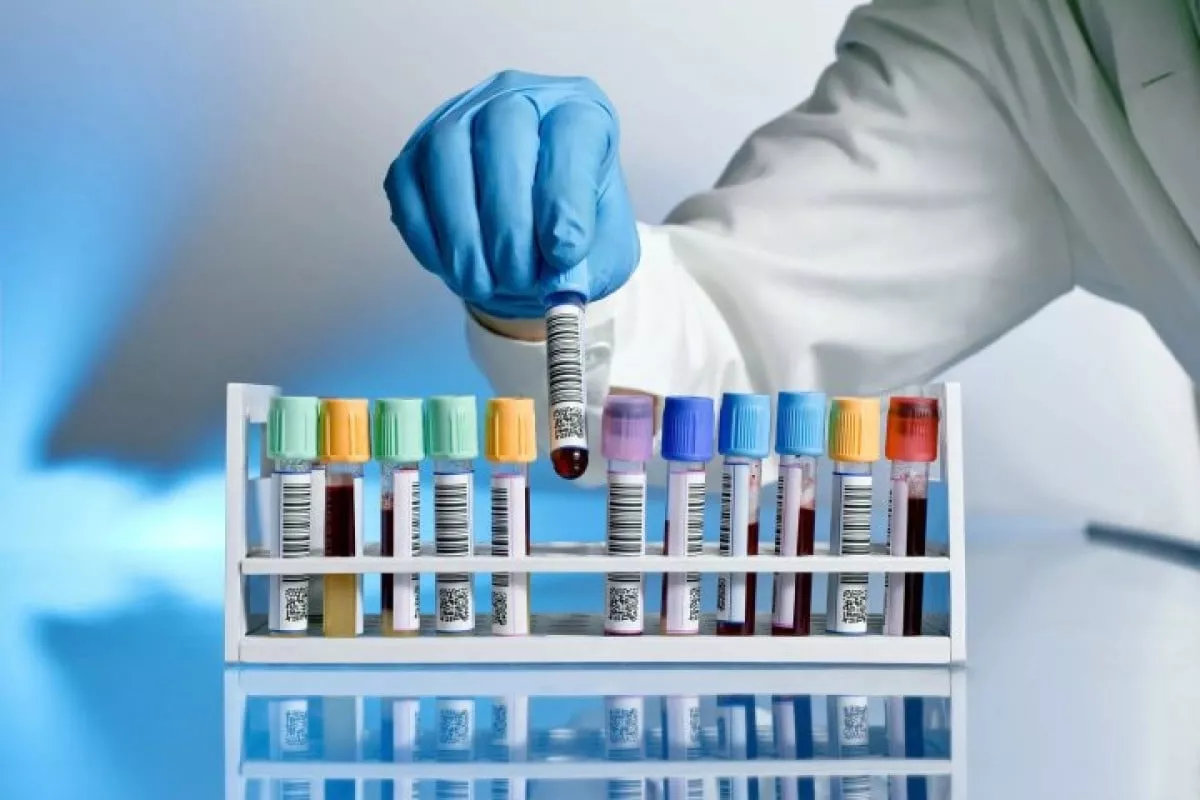Laboratory system in Uzbekistan will be reformed by 2030

The government of Uzbekistan plans to fundamentally reform the laboratory diagnostics system. This was reported by Upl.uz.
These measures are aimed at solving the long-standing problem of ensuring the quality and reliability of medical tests. At a meeting chaired by the President, a program was presented to reorganize the infrastructure and introduce strict standards for quality control by 2030.
Currently, the low reliability of medical research results in the country's healthcare sector is manifesting as a systemic problem. In many medical institutions, the same tests show different results, reducing trust in both public and private clinics.
Although the number of private laboratories has increased in recent years, there has been no significant improvement in service quality across the entire sector. The current state of laboratory networks has been officially recognized as unsatisfactory.
Across the country, 1,500 laboratories serve more than 2,800 polyclinics, but their equipment is outdated. In some places, specialists are forced to perform tests manually, which does not meet modern requirements for accuracy and speed.
Such conditions lead to delays and errors in diagnosis, posing risks to public health. One of the main directions of the reform is the deep reorganization and centralization of laboratories.
By 2030, the number of laboratories is planned to be reduced, and 198 modern centralized diagnostic centers will be established in their place. These centers are expected to enable resource consolidation, provision of advanced equipment, and implementation of unified work standards.
The reform sets as a key task the introduction of internal and external quality control systems, as well as the digitization of all processes—from biomaterial collection to result delivery. This will ensure transparency and traceability at every stage of testing.
Additionally, it is planned to increase the types of tests provided free of charge to the population. Alongside the reorganization of the public network, the issue of strengthening control over the private sector’s activities has also been raised.
The rapid growth in the number of private laboratories has led to insufficient quality control. Lack of complete information about their methodologies, equipment calibration, and internal audit systems raises doubts about the reliability of their services.
Thus, the announced reform is a comprehensive effort aimed at systematically addressing existing problems in the healthcare sector. Its success will depend not only on updating infrastructure but also on effectively implementing control mechanisms, which will significantly improve diagnostic quality for millions of citizens.
The world’s first centralized medical laboratory was established in 1896 in Munich, Germany, by physician Max von Pettenkofer. It was opened to standardize diagnostics for infectious diseases such as cholera and typhoid.

